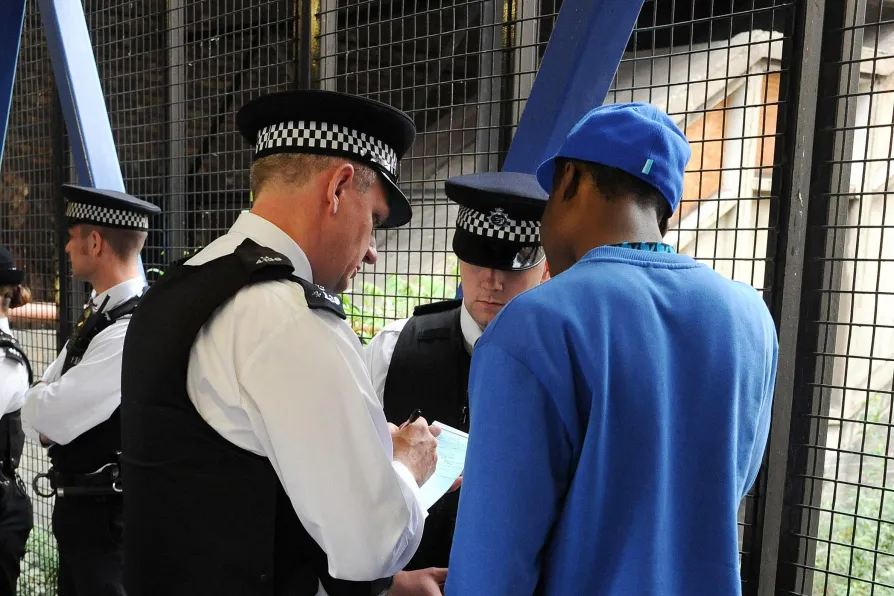Our Foreign Secretary now condemns Israel in the Commons, yet Britain still supplies weapons and intelligence for its bombing campaigns — as the horror reaches perhaps the final stage, action must finally replace words, writes DIANE ABBOTT MP
Tony Blair’s New Labour was described by Thatcher as “my finest creation.” So he proved when the Criminal Justice Act was introduced in 2003, allowing police to bail suspects without even taking them to a police station, with officers enjoying broad discretion as to which suspects should be treated in this manner. The Act also allowed the police to take DNA samples from anyone who was arrested.
The list of arrestable offences was expanded greatly by the Crime and Disorder Act 1998, Criminal Justice and Police Act 2001, Police Reform Act 2002 and Criminal Justice Act 2003. DNA samples can be kept on file indefinitely, even if that person is not charged with anything, and there are currently no procedures for getting the police to surrender or destroy such a sample, raising serious privacy concerns.


 Latest editorial
Latest editorial

















